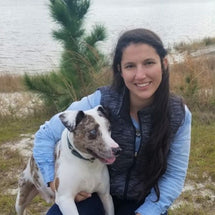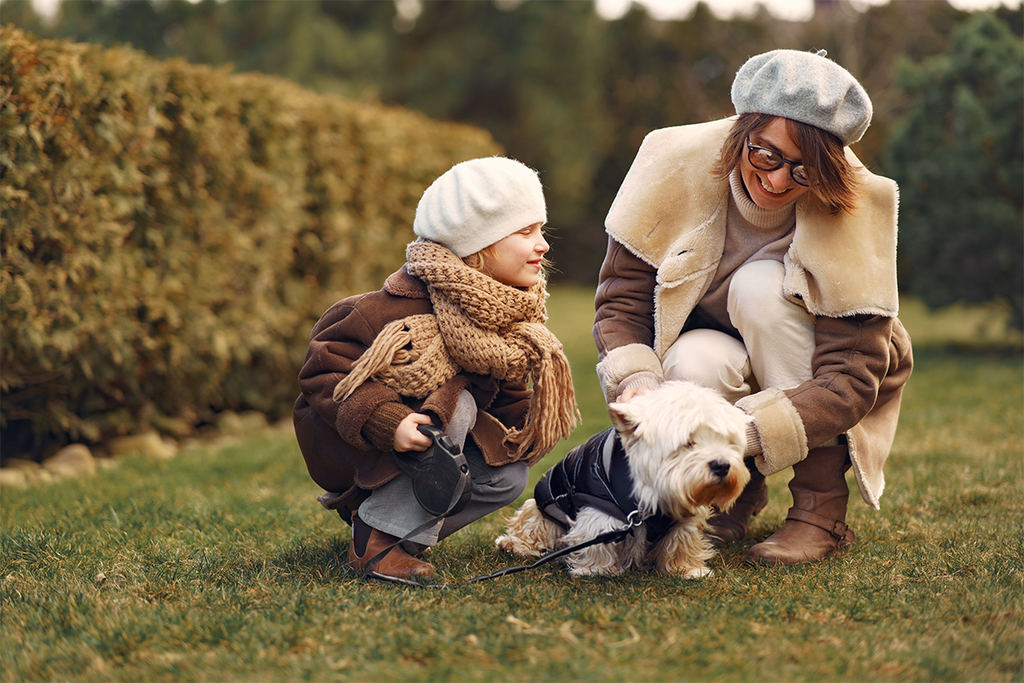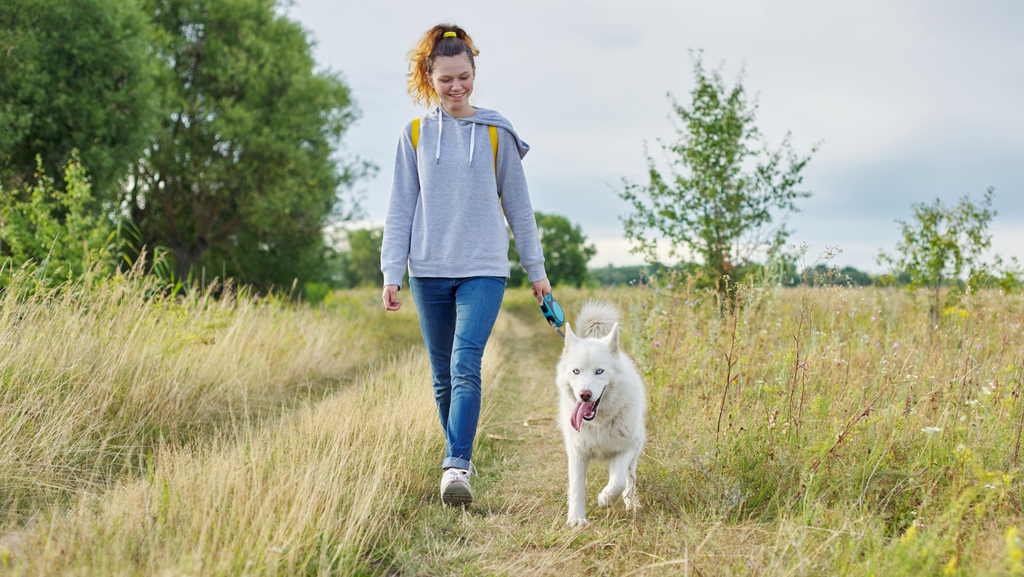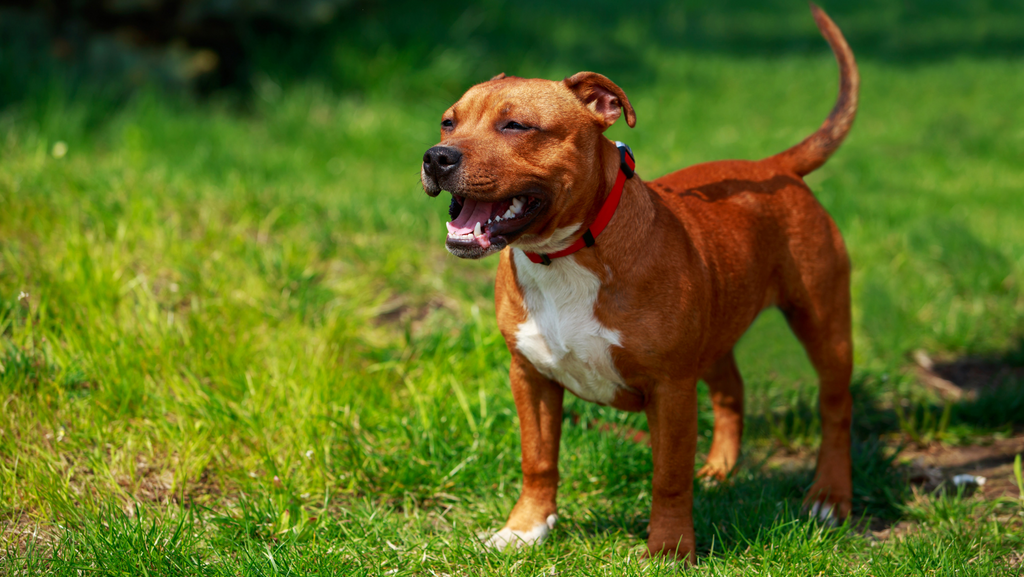Puppy Feeding Schedule: How Often Should You Feed Your Puppy?
One of the first questions a new puppy owner might ask is: How often should I feed my puppy? Figuring out the answer to this can be tricky because a lot of puppy feeding schedule and diet information and recommendations can be inaccurate.
To remove the confusion, here’s a simple puppy feeding guide that will see you through the first 18-months of your gorgeous puppers’ life.
How Often Should You Feed Your Puppy?

Recommended Puppy Feeding Schedule
1. In the first 3 months
Since the puppy's first months of life are about rapid growth and development, you need to ensure that they have enough nutrients to facilitate this adequately.
Many puppies, after they have been weaned or moved from milk, can start having semi-solid puppy foods as early as three weeks. Even at this stage, they can regulate their own food intake, so you can put out food for your pup to graze all day. However, if you worry or think they are overeating, put out food at frequent intervals instead. Experts suggest feeding them four times a day.
2. From 4 to 6 months
During this stage, it is critical to monitor your puppy's weight, as dogs grow quickly between 4 to 6 months making them vulnerable to becoming overweight if they are overfed.
Most puppies can be fed three times in a day, gradually working down to a twice-a-day feeding schedule as they mature. It is recommended you feed them just twice a day if you notice that they are gaining excess weight.
3. From 6 to 12 months
For puppies between 6 to 12 months, it’s recommended that you feed them twice daily. Some of them may also start eating food meant for adult dogs at this stage; when it comes to the growth and development of breeds, small- and medium-sized dogs may have finished growing during this period, which means they can make the transition to adult dog food.
Therefore, it is crucial to manage your growing pup's food portions to prevent overfeeding and ensure a smooth transition to adulthood. Pay close attention to your puppy's weight and body condition, as they are prone to obesity.
4. From 12 to 18 months
At this stage, your puppy is more or less a grown-up dog, yet the standard for feeding stays at twice daily.
Large-breed dogs continue to grow at this point; some dogs, such as Great Danes, may even continue to grow after two years (24 months), albeit the growth rate is much slower. Despite that, it is crucial to feed them food made for large breeds to get all the nutrition that they need.
If you notice that your pet has begun to get chubby or has become a couch potato, try to incorporate a bit more exercise into their routine. If that fails, you may need to reduce the size of its food portions.
Food Training and Good Eating Habits for Puppies

- Set a regular feeding schedule; this also helps your puppy set regular potty times as well.
- Ideally, try to give your puppy their last meal of the day at 5 PM so they’ll have enough time to digest their food before bed time.
- Even if your pup is begging for more food, do not overfeed them as they can quickly become overweight.
- If your pup isn’t showing a great deal of interest in their chow, it’s worth chatting to your vet to rule out any medical reasons as most pups generally have a good appetite because of their rapidly growing body.
- As your puppy's digestive system adjusts during the first stages of food training, it’s a good idea to take them outside every 1.5 hours so they can poop (better outside than inside, right!).
- Keep snacks for puppy and treat-giving to a minimum, as it could ruin the balance of your puppy's diet and cause unhealthy weight gain.
If you’re ever unsure if you’re following the right puppy feeding schedule, it’s best to speak to your vet who will give you the full run-down to make sure your pup is getting everything they need to grow healthy and strong.
At Petzyo, we offer an extensive range of premium pet care essentials and fuss-free dry and raw dog food varieties, and we deliver it to your doorstep. Learn more about Petzyo.






